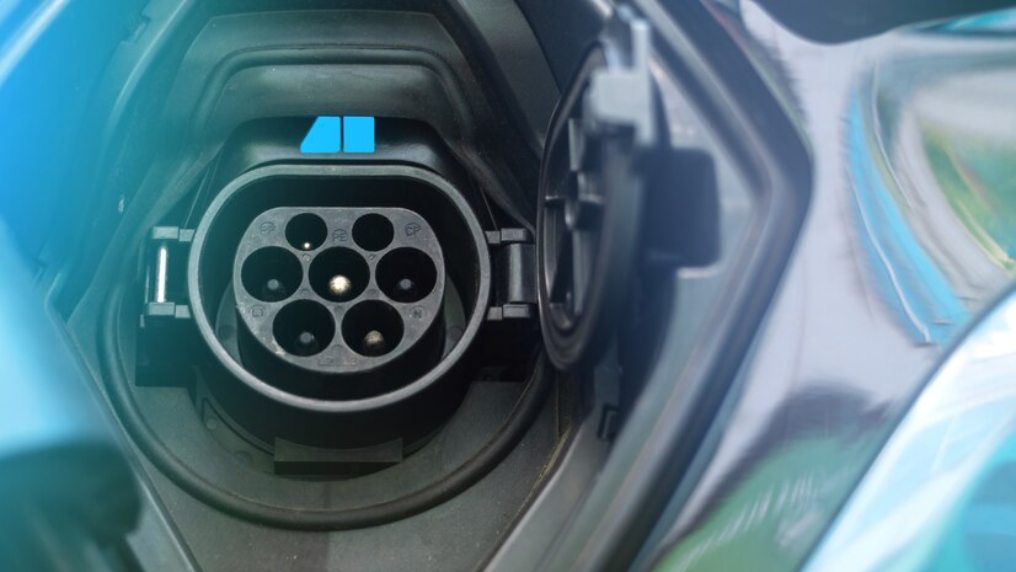The electric vehicle (EV) revolution is gaining momentum, offering a sustainable and efficient alternative to fossil fuel-powered transportation. But with so many terms like BEV, PHEV, and HEV floating around, it can be confusing to understand which type of EV is right for you. This blog aims to clear the air, delving into the exciting world of EVs and exploring the key differences between these innovative car categories.
Battery Electric Vehicles (BEVs): The Purists of Electric Power
Imagine a car powered solely by electricity, with zero tailpipe emissions and a silent glide. That’s the magic of BEVs. These vehicles rely exclusively on large battery packs that power electric motors, offering a truly emissions-free driving experience. Popular examples include the Tesla Model 3, Nissan Leaf, and Chevrolet Bolt.
Pros:
- Environmentally friendly: Zero tailpipe emissions contribute to cleaner air and reduced greenhouse gas emissions.
- Low operating costs: Electricity is cheaper than gasoline, resulting in significant fuel savings.
- Smooth and quiet ride: Electric motors offer a unique driving experience with minimal noise and vibration.
- Government incentives: Many countries offer attractive tax breaks and rebates for BEV purchases.
Cons:
- Limited range: While improving, current BEVs have lower driving ranges compared to gasoline cars.
- Charging infrastructure: Access to charging stations, especially fast-charging ones, can be limited in some areas.
- Higher upfront cost: BEVs typically have higher initial purchase prices than gasoline cars.
Plug-in Hybrid Electric Vehicles (PHEVs): Bridging the Gap Between Electric and Gas
PHEVs offer a bridge between BEVs and traditional gasoline cars. They possess both an electric motor and a gasoline engine. The battery can be charged externally, allowing for electric-only driving for shorter distances. Once the battery depletes, the gasoline engine takes over, extending the overall range. Examples include the Toyota Prius Prime and Chrysler Pacifica Hybrid.
Pros:
- Longer range: PHEVs typically offer extended range compared to BEVs, reducing range anxiety.
- Flexibility: The ability to switch between electric and gasoline modes provides adaptability for long and short trips.
- Potentially lower upfront cost: PHEVs tend to be cheaper than BEVs, making them a more accessible option.
Cons:
- Higher complexity: The presence of both electric and gasoline components increases maintenance needs.
- Less fuel efficiency: Compared to BEVs, PHEVs are less efficient when relying on the gasoline engine.
- Battery size limitations: The electric range of PHEVs is shorter than BEVs, impacting purely electric driving potential.
Hybrid Electric Vehicles (HEVs): The Eco-Conscious Gasoline Option
HEVs are powered primarily by a gasoline engine but utilize an electric motor to improve fuel efficiency and reduce emissions. Unlike PHEVs, HEVs cannot be plugged in to recharge the battery. Instead, the battery regenerates through braking and coasting, assisting the gasoline engine during acceleration and low-speed driving. Popular HEVs include the Toyota Camry Hybrid and Honda Accord Hybrid.
Pros:
- Improved fuel efficiency: HEVs offer significantly better fuel economy compared to traditional gasoline cars.
- Reduced emissions: Lower emissions contribute to cleaner air and mitigating climate change.
- Widely available technology: HEVs have been around longer and benefit from established technology and infrastructure.
- Lower purchase cost: Generally cheaper than PHEVs and BEVs, making them an affordable eco-friendly option.
Cons:
- Not fully electric: HEVs still rely on gasoline, resulting in tailpipe emissions during operation.
- Limited electric range: The electric motor provides short-term assistance, not pure electric driving.
- Less dynamic driving experience: HEVs prioritize fuel efficiency over performance, impacting acceleration and handling.
Choosing the Right EV for You: Consider Your Needs and Priorities
The best EV for you depends on your individual needs and driving habits. If you prioritize environmental impact and short commutes, BEVs are ideal. For longer trips and flexibility, PHEVs offer a practical compromise. HEVs provide an accessible entry point to eco-conscious driving without sacrificing affordability or widespread availability.
As the EV landscape continues to evolve, exciting new technologies and models are emerging. Staying informed and understanding the various options empowers you to make an informed decision that aligns with your lifestyle and environmental values. So, buckle up and explore the electrifying world of EVs! Remember, the journey towards a sustainable future starts with a single step, or rather, a single charge.

